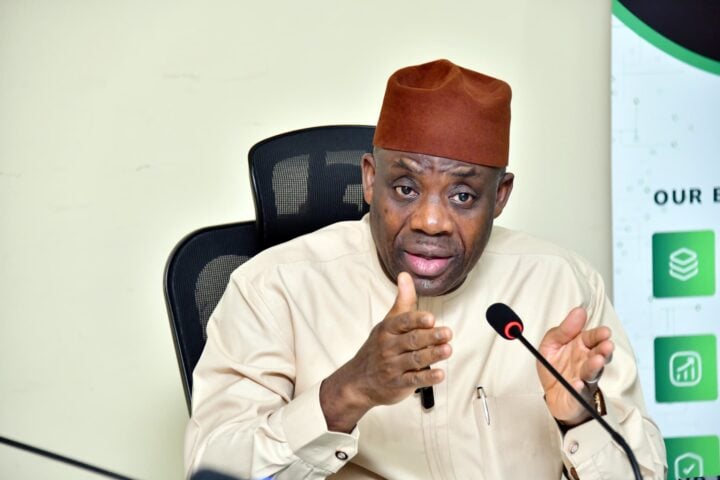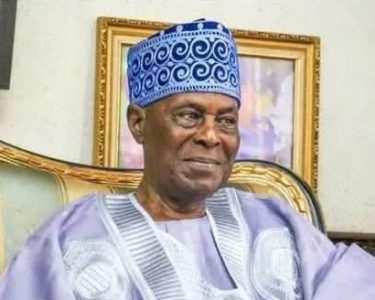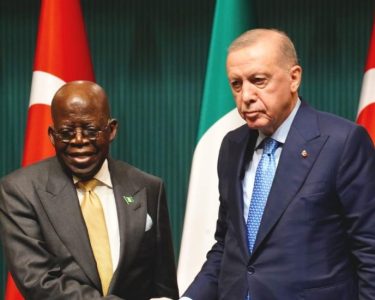The Federal Government says that it has mapped out plans to ensure that over one million out-of-school children across the country return to the mainstream education system.
The Minister of Education, Dr Tunji Alausa, stated this at the ongoing 69th summit of the National Council of Education in Akure.
The theme of the summit is “Quality Education Data and Professionalisation of Teaching: Tools for Enhanced National Development.”
Alausa said that the children from 12,600 communities across the country would be enrolled, especially those from ages 6 to ages 9 into low cost private schools.
According to him, others will be enrolled in schools and training centres in collaboration with the Almajiri Commission.
He noted that over 21,000 out of school children across nooks and crannies of Abuja were identified and handed over to the Federal Capital Territory(FCT) Education Secretariat for enrolment.
Alausa added that in pursuance of the initiative, the ministry had established 109 functional learning centres/transit schools across the 36 states and the FCT, saying that 15, 224 learners had been enrolled through the enrolment drive.
The minister said that a hybrid curriculum combining Quranic education with literacy, numeracy and civic education had been rolled out to ensure the integration of Quranic learning with formal education.
He further said that the President Bola Ahmed Tinubu Legacy Skills and Training Institute currently serves as a model centre for equipping Almajiri and out-of-school youths with employable skills.
The minister asked participants at the 69th Summit to come out with a resolve to build an education system that would be data driven, professionally anchored, inclusive and globally competitive.
Also speaking, the state governor, Mr Lucky Aiyedatiwa, appreciated the visionary stance of President Bola Tinubu in education and human capital development across the country.
“I salute his vision and policy reforms in the education sector, most especially the Nigerian Education Loan Fund which has provided financial assistance to more than 624,000 Nigerian students in our public tertiary institutions.
“This commendable effort from Mr President has gone a long way in reducing disparity in access to quality education between both the children of the rich and that of the poor,” he said.
Aiyedatiwa said the summit’s theme addresses directly the contemporary challenges confronting the Nigerian education system and offers a clear roadmap for reform.
The governor asked all stakeholders to collaborate in building a data-driven educational ecosystem that promotes excellence, equity and innovation.
He noted that the teaching profession in Nigeria has been unable to receive the recognition and respect it truly deserves.
“We must collectively restore the dignity of the teaching profession by elevating its standards, enhance welfare for the teachers, rewarding merit and ensuring continuous professional growth,” he said.
Aiyedatiwa said that his administration had invested in digital education and technology-based learning tools to prepare learners for the demands of the 21st-century knowledge economy.
In her words, the Minister of Education for State, Prof. Suwaiba Ahmad, said that the 69th meeting of the council was to advance education system across the country in line with the best global practice.
Ahmad stated that the resolutions of the council’s meeting would be worked on for a fruitful outcome that would address challenges confronting the sector.
The state Commissioner for Education, Science and Technology, Prof. Igbekele Ajibefun, said that the state fully aligned with the Federal Government data driven reform in the sector.
Ajibefun stated that the state had made provisions for conducive teaching and learning with digital capabilities in improving education and nurturing future leaders.
He asked participants to provide useful information that would proffer solutions for advancement of education in the country. (NAN)





